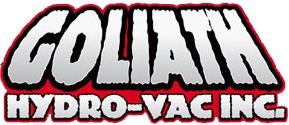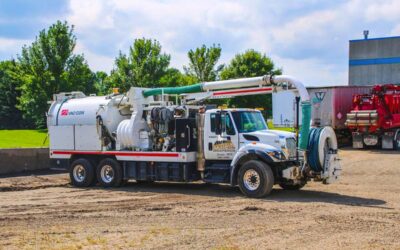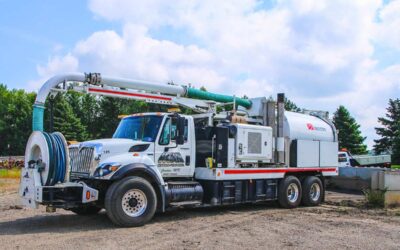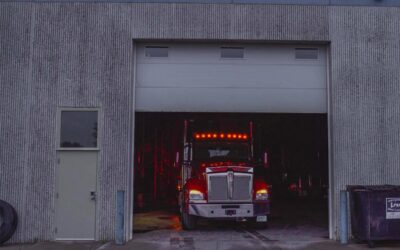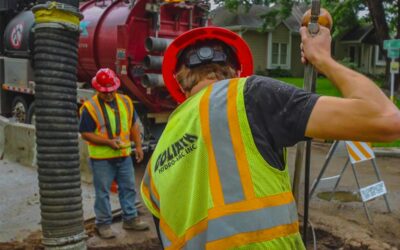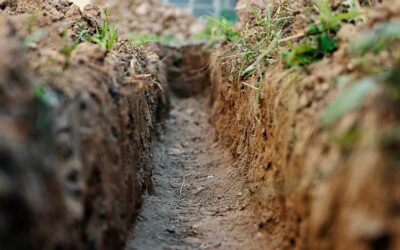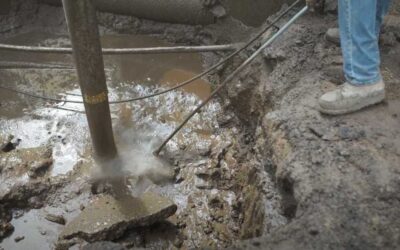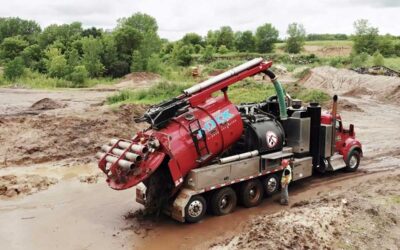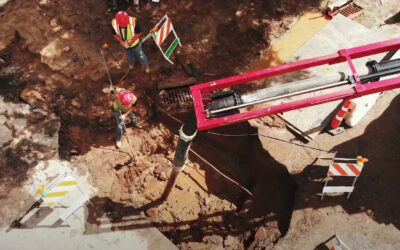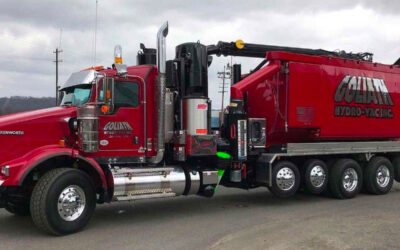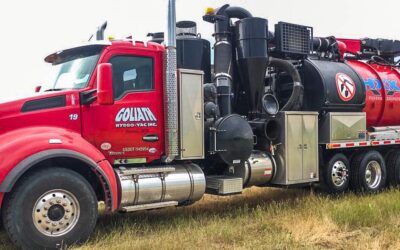Essential Industrial Sewer Maintenance Tips
Industrial sewer maintenance is a critical aspect of maintaining the efficiency and safety of any facility. Regular maintenance ensures the smooth operation of the sewer system, preventing issues such as blockages, leaks, and environmental contamination.
In this article, we will explore strategies for effective sewer maintenance, providing insights on how to keep industrial sewer systems operating efficiently.
Importance of Regular Sewer Inspections
Regular sewer inspections are an essential part of maintaining an efficient and compliant industrial sewer system. By conducting routine inspections, facilities can identify potential issues before they escalate into major problems. Here are some key reasons why regular sewer inspections are important:
Preventing Costly Repairs and Replacements: Regular inspections help identify issues such as blockages, leaks, or corrosion at an early stage. Addressing these issues promptly can prevent the need for costly repairs or replacements in the future. By catching problems early, facilities can save a significant amount of money and avoid the inconvenience of extensive repair work.
Ensuring Compliance with Regulations and Environmental Standards: Industrial facilities are often subject to strict regulations regarding waste management and environmental protection. Regular sewer inspections ensure that the facility’s sewer system is functioning correctly and not causing any environmental harm. This helps the facility maintain compliance with relevant regulations and avoid potential fines or legal issues.
Avoiding Disruptions to Operations: Sewer problems can lead to disruptions in operations, such as production shutdowns or safety hazards. Regular inspections allow facilities to address issues before they lead to operational disruptions. This ensures that the facility can continue its operations smoothly without any unexpected downtime.
How to Prevent Sewer Blockages
Sewer blockages can lead to significant problems for industrial facilities, including backups, overflows, and operational disruptions. To prevent these issues, it’s important to adopt effective strategies for maintaining clear sewer lines. Here are a few tips on how to prevent sewer blockages:
Using Appropriate Equipment and Tools for Cleaning: Investing in the right equipment and tools is crucial for effective sewer maintenance. High-quality drain cleaning machines, sewer inspection cameras, and other specialized tools can help identify and remove blockages efficiently. Regular training for maintenance staff on how to use these tools effectively is also essential.
Clearing Debris and Obstructions from Sewer Lines: Regularly removing debris, such as grease, sludge, and foreign objects, from sewer lines is key to preventing blockages. This can be achieved through manual cleaning or the use of mechanical devices designed to scrape or cut through debris. It’s important to establish a routine cleaning schedule based on the specific needs of your facility’s sewer system.
Flushing and Jetting to Remove Built-up Sediment and Blockages: Hydro jetting is a powerful method for cleaning sewer lines, using high-pressure water to break up and flush away sediment and blockages. This technique is effective in removing stubborn buildup that can’t be addressed through traditional cleaning methods. Regular flushing and jetting can help maintain a clear and functional sewer system.
Conclusion
Selecting the right industrial sewer maintenance service involves partnering with an experienced company and seeking expert advice for complex issues. By doing so, you can ensure that your facility’s sewer system is maintained effectively and efficiently.
Goliath Hydrovac Inc. is committed to providing exceptional industrial maintenance services tailored to your specific needs. Contact us today to learn more about how Goliath’s industrial maintenance services can benefit your operation.
RELATED POSTS
What are the Key Components of Industrial Cleaning
Key Components of Industrial Cleaning Industrial cleaning refers to the specialized process of cleaning...
The Basics of Industrial Cleaning
The Basics of Industrial Cleaning Industrial cleaning is essential for the smooth and efficient operation of...
What is Industrial Cleaning
What is Industrial Cleaning? The importance of maintaining clean and sanitary manufacturing facilities cannot...
Trenching Safety
Trenching Safety Trenching is the process of digging deep and narrow excavations in the ground. The primary...
Types of Trench Excavation
Types of Trench Excavation Trenches are an essential aspect of excavation and construction projects, serving...
What is Trenching?
What is Trenching? Imagine for a moment the complex web of utilities that run beneath the surfaces of our...
Vacuum Excavator for Horizontal Drilling
Vacuum Excavation for Horizontal & Vertical Drilling Picture this: a drilling technique that doesn't rely...
Hydro Excavation Safety Tips and Procedures
Hydro Excavation Safety Tips Hydro excavation, a cutting-edge method of digging, harnesses the power of water...
Hydrovac Truck Winter Maintenance Tips: Keeping Your Fleet Ready for Cold Weather
Hydrovac Truck Winter Maintenance Tips Hydro-excavation trucks, also known as hydrovac trucks, utilize...
Monthly Preventive Maintenance for Vacuum Trucks
Monthly Service for Vacuum Truck Maintenance Vacuum trucks play a vital role in efficiently collecting and...
